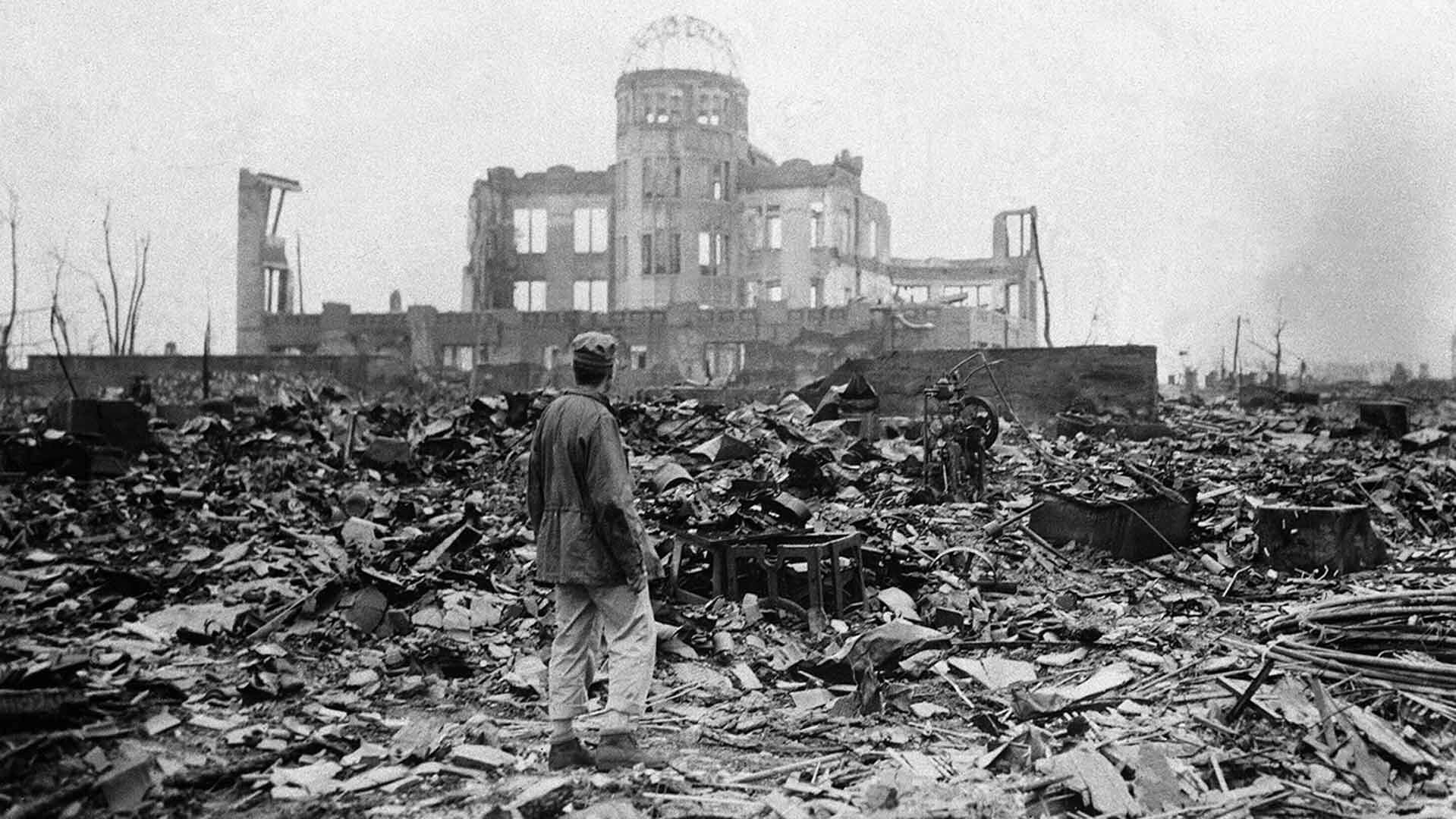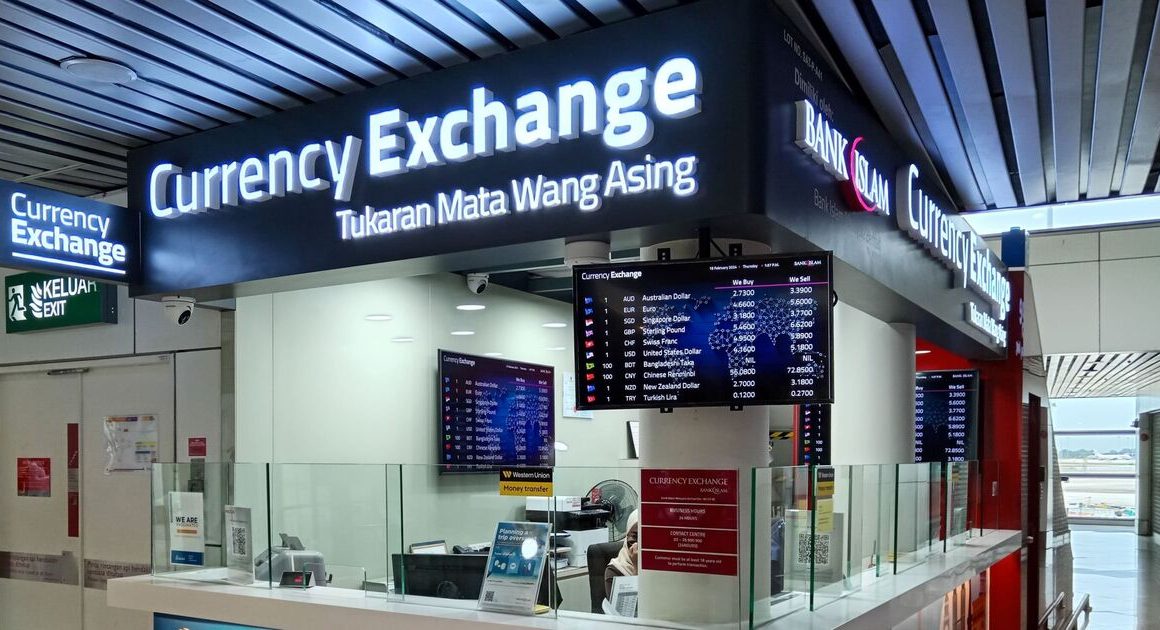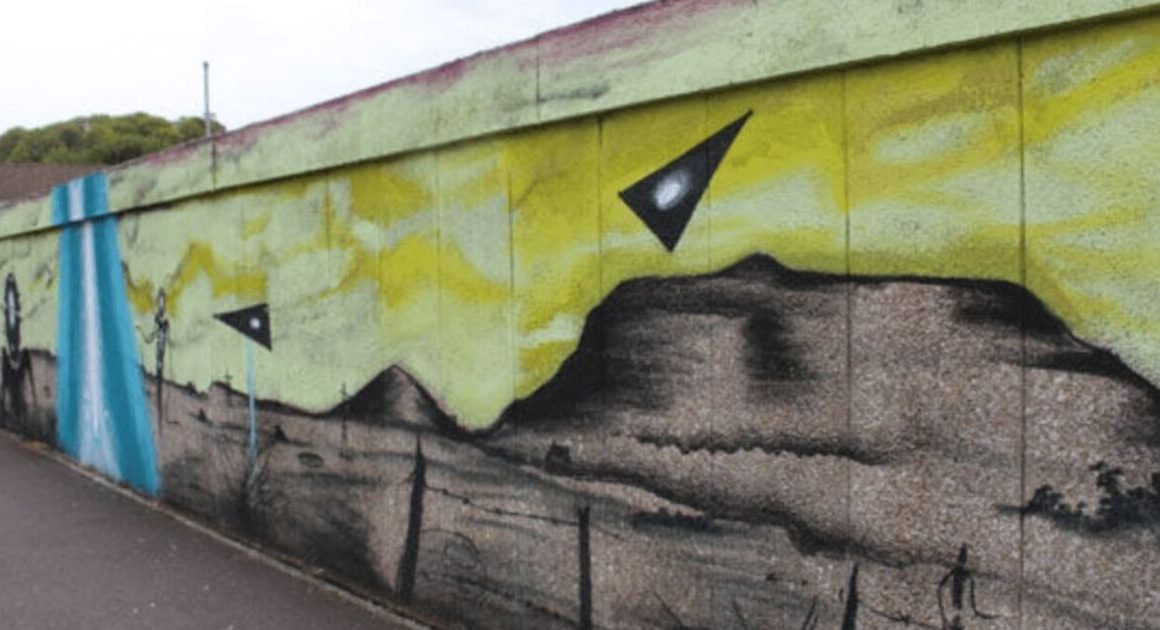Oppenheimer finally premiered Friday in the nation where two cities were obliterated 79 years ago by the nuclear weapons invented by the American scientist who was the subject of the Oscar-winning film. The reviews of Japanese filmgoers who spoke to reporters were understandably mixed and highly emotional.
The film’s release in Japan, more than eight months after it opened in the U.S., had been watched with trepidation because of the sensitivity of the subject matter.
Oppenheimer — which won seven Academy Awards earlier this month, including best picture — does not directly depict what happened on the ground when the bombs were dropped on Hiroshima and Nagasaki, instead focusing on J. Robert Oppenheimer as a person and his internal conflicts. Some 100,000 people were instantly killed in the bombings, mostly civilians, and thousands more perished in the days that followed.
Toshiyuki Mimaki, who survived the bombing of Hiroshima when he was three, said he has been fascinated by the story of Oppenheimer, often called “the father of the atomic bomb” for leading the Manhattan Project.
The movie Oppenheimer had a huge night at the 96th annual Academy Awards winning 7 awards out of 13 nominations. Canadian Ben Proudfoot also won his second Oscar for his short documentary The Last Repair Shop.
“What were the Japanese thinking, carrying out the attack on Pearl Harbor, starting a war they could never hope to win,” he said, sadness in his voice, in a telephone interview with The Associated Press.
He is now chairperson of a group of bomb victims called the Japan Confederation of A- and H-Bomb Sufferers Organization, and he saw Oppenheimer at a preview event. “During the whole movie, I was waiting and waiting for the Hiroshima bombing scene to come on, but it never did,” Mimaki said.
Hiroshima mayor critical of film
Former Hiroshima mayor Takashi Hiraoka, who spoke at a preview event for the film in the southwestern city, was more critical of what was omitted.
“From Hiroshima’s standpoint, the horror of nuclear weapons was not sufficiently depicted,” he was quoted as saying by Japanese media. “The film was made in a way to validate the conclusion that the atomic bomb was used to save the lives of Americans.”
Seventy-five years after the U.S. dropped a nuclear bomb on Hiroshima, Japan, there are fewer survivors left to talk about their experience, but a new generation has found a way to keep those memories alive.
Some moviegoers offered praise. One man emerging from a Tokyo theatre Friday said the movie was great, stressing that the topic was of great interest to Japanese people, although emotionally volatile as well. Another said he got choked up over the film’s scenes depicting Oppenheimer’s inner turmoil. Neither man would give his name to an Associated Press journalist.
In a sign of the historical controversy, a backlash flared last year over the “Barbenheimer” marketing phenomenon that merged pink-and-fun Barbie with seriously intense Oppenheimer. Warner Bros. Japan, which distributed Barbie in the country, apologized after some memes depicted the Mattel doll with atomic blast imagery.
Kazuhiro Maeshima, professor at Sophia University, who specializes in U.S. politics, called the film an expression of “an American conscience.”
Those who expect an anti-war movie may be disappointed. But the telling of Oppenheimer’s story in a Hollywood blockbuster would have been unthinkable several decades ago, when justification of nuclear weapons dominated American sentiments, Maeshima said.
“The work shows an America that has changed dramatically,” he said in a telephone interview.
‘Starting point’ for important topic: Japanese historian
Others suggested the world might be ready for a Japanese response to that story.
Takashi Yamazaki, director of Godzilla Minus One, which won the Oscar for visual effects and is a powerful statement on nuclear catastrophe in its own way, suggested he might be the man for that job.
The Current10:13Unpacking the Oppenheimer enigma
A blockbuster biopic of J. Robert Oppenheimer hits cinemas today. We talk to a historian about the physicist’s role in the creation of the world’s first atomic bomb — and why his legacy continues to shape the world.
“I feel there needs to [be] an answer from Japan to Oppenheimer. Someday, I would like to make that movie,” he said in an online dialogue with Oppenheimer director Christopher Nolan.
Nolan heartily agreed.
Hiroyuki Shinju, a lawyer, noted Japan and Germany also carried out wartime atrocities, even as the nuclear threat grew around the world. Historians say Japan was also working on nuclear weapons during the Second World War and would have almost certainly used them against other nations, Shinju said.
“This movie can serve as the starting point for addressing the legitimacy of the use of nuclear weapons on Hiroshima and Nagasaki, as well as humanity’s, and Japan’s, reflections on nuclear weapons and war,” he wrote in his commentary on Oppenheimer published by the Tokyo Bar Association.
An “atomic hospital” in Hiroshima treats patients for leukemia, anemia and radiation burns.














